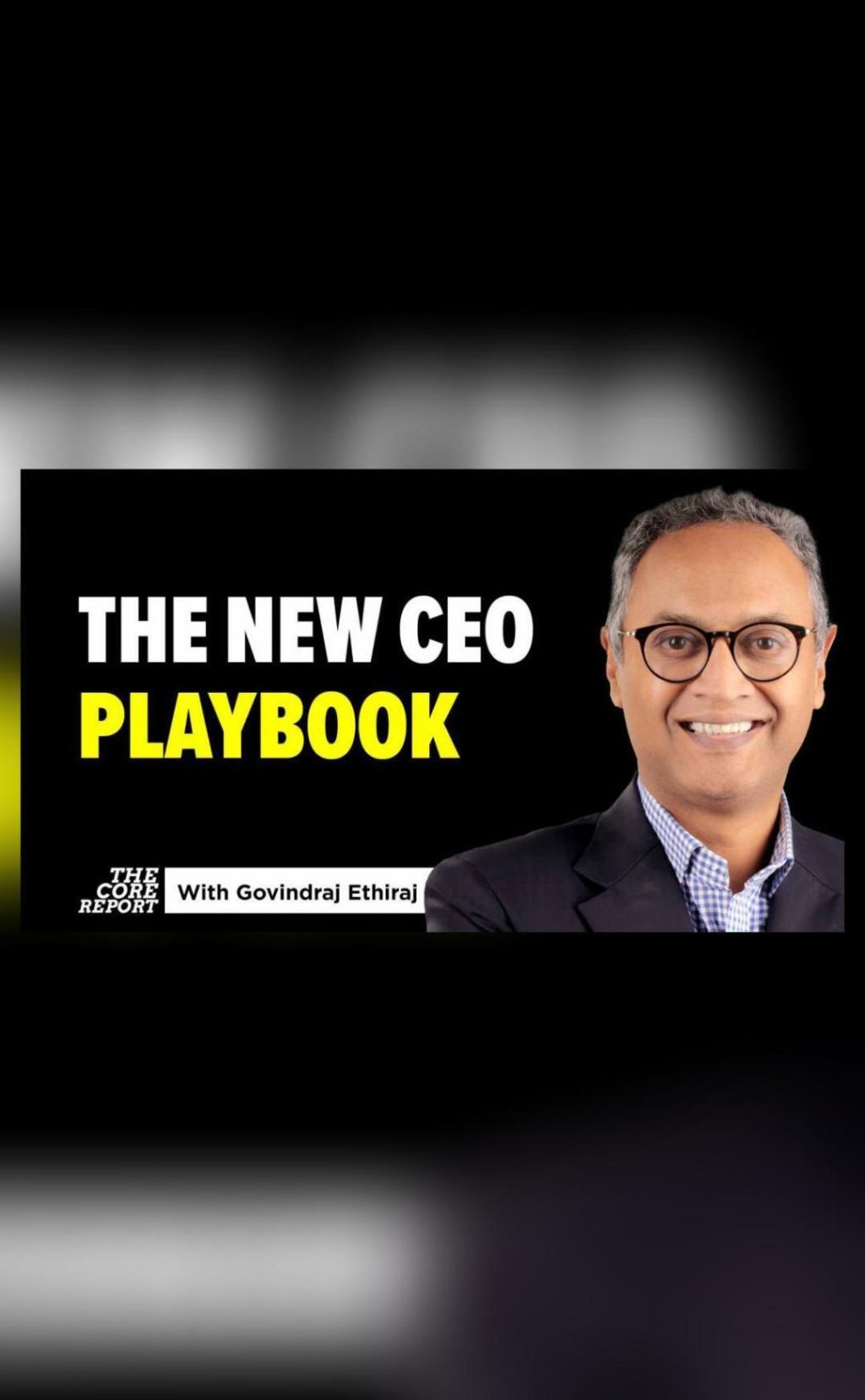
The New CEO Playbook: AI Pressures & Global Tariff Shocks
As the world becomes increasingly digital, businesses are facing an unprecedented set of challenges. Artificial intelligence (AI) is reshaping industries, forcing companies to adapt and innovate to stay ahead of the curve. Meanwhile, global tariff shocks are disrupting trade and supply chains, sending shockwaves throughout the economy. For CEOs, these pressures require a fundamental rethink of strategy and operations.
In this blog post, we’ll explore the new CEO playbook, outlining the key strategies and considerations for navigating these uncertain times.
Internal Pressures: Automate and Innovate
AI is revolutionizing the way businesses operate, from data analysis to customer service. CEOs must prioritize automation and innovation to stay competitive. This means investing in AI-powered technologies, such as machine learning and natural language processing, to streamline processes and improve efficiency.
However, this shift also requires significant cultural and organizational changes. CEOs must empower employees to take on new roles, develop new skills, and adopt agile working practices. This may involve restructuring teams, providing training and development programs, and fostering a culture of experimentation and innovation.
External Pressures: Shifting Trade Policies
Global tariff shocks are a major source of uncertainty for CEOs. The ongoing trade tensions between the US, China, and other major economies have created a complex web of tariffs, quotas, and trade restrictions. This has led to increased costs, supply chain disruptions, and uncertainty for businesses.
To mitigate these risks, CEOs must develop strategies for navigating the changing trade landscape. This may involve:
- Diversifying supply chains: Companies must identify alternative suppliers and reduce dependence on single markets or countries.
- Building resilience: CEOs must focus on building robust and flexible supply chains that can adapt to changing conditions.
- Developing new trade relationships: The rise of new trade agreements, such as the USMCA, presents opportunities for companies to diversify their trade relationships.
Localizing and Adapting
In an increasingly uncertain world, CEOs must be prepared to adapt and localize their business strategies. This involves:
- Understanding local markets: CEOs must develop a deep understanding of local consumer needs, preferences, and behaviors.
- Tailoring products and services: Companies must adapt their offerings to meet local market requirements, including language, customs, and regulatory requirements.
- Building local partnerships: CEOs must build relationships with local suppliers, partners, and stakeholders to stay competitive.
Rethinking Long-Held Business Models
The rise of AI and global tariff shocks requires CEOs to rethink their long-held business models. This involves:
- Disrupting traditional industries: AI is creating new opportunities for disruption and innovation in traditional industries, such as healthcare and finance.
- Embracing new business models: Companies must be prepared to adopt new business models, such as subscription-based services or platform-based business models.
- Fostering innovation: CEOs must foster a culture of innovation, encouraging employees to experiment and develop new ideas.
Conclusion
The new CEO playbook is shaped by the twin pressures of AI and global tariff shocks. To succeed, CEOs must prioritize automation and innovation, develop strategies for navigating the changing trade landscape, and adapt to local markets. Above all, they must be prepared to rethink their business models and foster a culture of innovation and experimentation.
As we navigate this uncertain world, it’s clear that the CEO playbook has changed forever. No longer can companies rely on traditional business models and strategies. Instead, CEOs must be prepared to adapt, innovate, and disrupt to stay ahead of the curve.
Watch the video below to learn more about the new CEO playbook:






